Making the Tough Call: Rebuilding or Replacing Heavy Equipment
Your success depends on the efficiency and reliability of your equipment. Over time, wear and tear are inevitable. The question for construction professionals is, should you turn to machine rebuilds or equipment replacement? This decision involves careful consideration of various factors, including cost, performance, and the overall impact on project timelines. In this article, we’ll explore the key considerations to help you make the best choice possible.
Age and usage
One of the most important factors to assess when it comes to machine rebuilds or equipment replacement is how old your machine is and what kind of usage it has seen. Older pieces of equipment with high usage may experience more significant wear and tear, potentially leading to frequent breakdowns. While routine maintenance can extend the lifespan, there comes a point where the cost of upkeep outweighs the benefits of keeping it.
Consider the manufacturer’s recommended lifespan and compare it to your actual usage. If the equipment is approaching the end of its expected life, replacement might be a more cost effective option in the long run.
Cost analysis
Performing a comprehensive cost analysis is crucial for making the right decision between machine rebuilds and equipment replacement. Rebuilding can seem like a cost effective solution initially, but it’s essential to factor in all associated expenses. Consider the cost of replacement parts, labor, and potential downtime during the rebuilding process. Additionally, assess the long term costs of maintaining an aging machine versus investing in a new, more efficient model.
In some cases, purchasing new equipment may involve higher upfront costs, but it could result in lower maintenance expenses and increased productivity over the machine’s lifespan.
Technological advancements
The construction industry is continually evolving, with advancements in technology leading to more efficient and environmentally friendlier equipment. Newer models often come equipped with enhanced features, improved fuel efficiency, and better safety measures. If your existing machine lacks these advancements, replacing it with a modern alternative could offer long term benefits in terms of performance and overall project efficiency compared to rebuilding.
Consider project requirements
Think about the specific requirements of your projects when deciding between equipment replacement or machine rebuilds. If your current equipment meets the project demands and performs adequately, rebuilding might be the better option compared to purchasing a new machine. However, if your projects have evolved, requiring increased capacity, efficiency, or specialized capabilities, investing in new equipment may be the only way to meet these demands and stay competitive in the market.
Resale value
Another aspect to consider is the resale value of the existing equipment. Older machines may have limited market value, making it challenging to recover costs through resale. On the other hand, newer models tend to retain better resale value, potentially offsetting the initial investment in the long run.
Use this formula
When deciding between rebuilding and replacing a piece of equipment, you can also use this simple formula to compare costs and help you make the best choice:
Cost to rebuild (new equipment price x .5)/equipment life (estimated hours x .75) = cost per hour
For example, a new piece of equipment that is $140,000 with an estimated life of 10,000 hours would cost $14 per hour to operate. To compare, calculate the cost to rebuild.
($140,000)(.5)/(10.000)(.75) = $9.33 per hour
If the cost to rebuild is $70,000 for an estimated equipment life of 7,500 hours, at $9.33 per hour, it is more cost effective to rebuild than to replace.
If you have any questions about machine rebuilds or equipment replacement, contact our team today!









